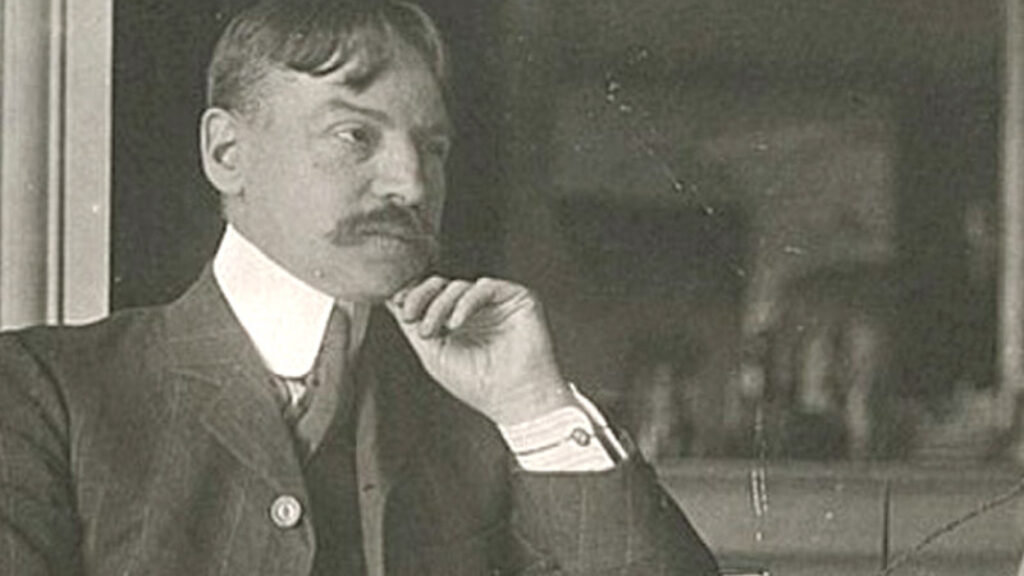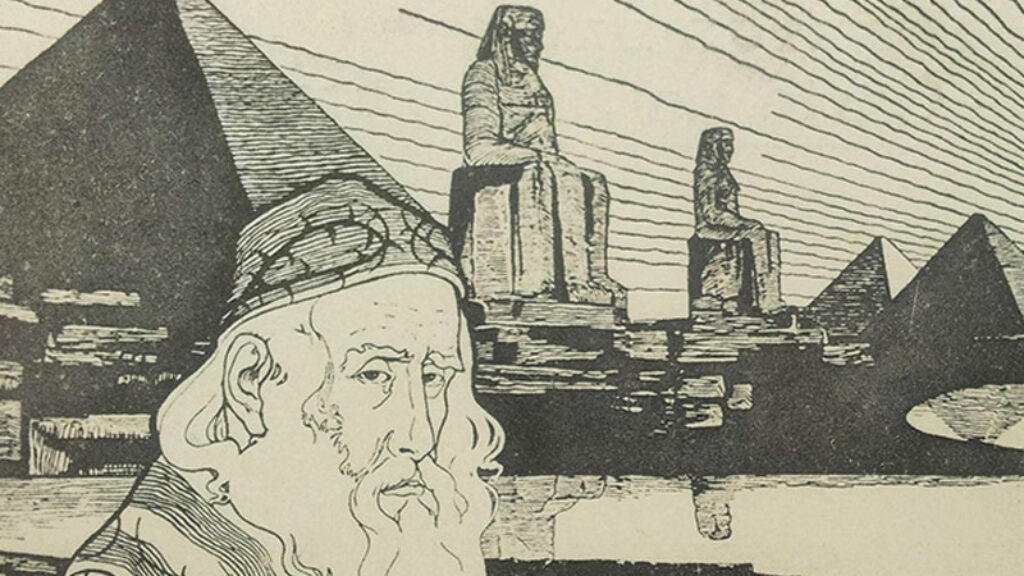Letters, Summer 2022
Orthodox Lens; Kafka's Gimel; True Crime or Conspiracy Theory?; Of Censorship and Naughty Boys, and more

Secret Chord
When the Yom Kippur War started, Leonard Cohen left the Greek island of Hydra and headed for Tel Aviv. He was coming in solidarity but he was also looking for a way to sing again.

A Lone Soldier
Every year, when Yom HaZikaron, Israel’s memorial day, rolls around, the author thinks of an idealistic college student named Alex Singer who became a lone soldier in the IDF.

The Nazi Rosetta Stone
The interagency task force meeting at an elegant suburban estate was like any other such meeting, except for its agenda: the “final solution.”

Exodus from Kishinev
From Kishinev, Moldova to Israel with Ukrainian Jewish refugees.

Graven Images
“How do you like my drawing?” Franz Kafka wrote his fiancée Felice Bauer. He took art seriously, and now, finally, we can answer the question ourselves.

Scribes without a Torah
Julien Benda’s The Treason of the Intellectuals is one of those books that is famous even though no one actually reads it. Can it help keep those whose business it is to think in public on the straight path? Did it help Benda?

Kidnapping History
Did the Ashkenazi elite of the early State of Israel conspire to systematically kidnap Yemenite Jewish children?

Memories of Morocco
In the 1940s Moroccan Jews were still sacrificing a bull on the Sultan’s doorstep. There was a deep cultural symbiosis of Jews and Muslims in North Africa.

Days of Redemption
Did early Zionists abandon Messianism or inherit it? Or, as Arieh Saposnik argues, did they do something more subtle and interesting?